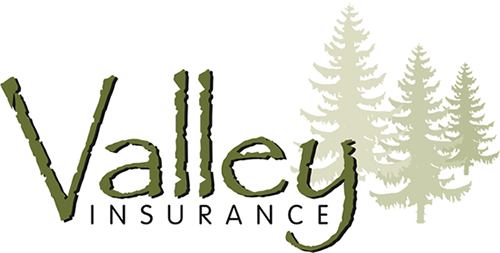
Whether you have one company car or an entire fleet of vans, you want to make sure you’re taking the right safety steps. Follow these tips to reduce accidents, keep employees safe, and protect your business vehicles.
Keep Track of Maintenance and Registration Requirements
Staying on top of oil changes, tune-ups, and regular vehicle maintenance will help your company car or truck run more efficiently, thereby saving on fuel. It also reduces the likelihood of breakdowns and accidents, which could have a negative impact on your business operation and revenue and also put workers at risk. Likewise, create reminders for when your state registration must be renewed so you or your employees aren’t pulled over and cited by law enforcement for out-of-date tags.
Make Sure Employees Are Comfortable Driving Your Vehicles
The bigger your company vehicle, the more challenging it will be to operate for many employees. Some common difficulties include:
- Parking
- Operating in reverse with only side mirrors
- Changing lanes
- Making tight turns
- Judging appropriate slowing distance before stopping
- Driving at highway speeds
- Towing a trailer
- Operating in inclement weather
Don’t ask workers to drive vehicles they’re not comfortable with. To assist them, let them practice on the company premises. Even better, enroll all drivers in a defensive driving class, which should cover the above concerns and will let them drive alongside a pro who can offer instruction about typical problem areas.
Don’t Require Workers to Drive in Dangerous Conditions
Recent severe weather events across the US have demonstrated that sometimes it’s better not to be on the road at all, lest a driver become stuck for hours or caught in a pileup. When bad weather is in the forecast, do your best to reschedule trips and deliveries. Aim to have all employees off the road before storms or freezing temperatures arrive.
Plan for Emergencies
Sometimes, no matter what you do to safeguard your workers and your vehicles, emergency situations arise. You can plan for these scenarios by doing the following:
- Make sure every vehicle is outfitted with safety cones, flares, flashlights, and reflective vests, at a minimum. In snowy areas, you may wish to add cat litter or sand, as well as a shovel and provisions in case a driver is stranded (food, water, hand warmers, and a blanket).
- Check that your company cars carry spare tires.
- Switch to snow tires or chains as appropriate in winter.
- Equip company vehicles with basic first aid supplies.
- Jumper cables—or better, a fully charged cordless battery jumper—should be in every vehicle.
- Instruct employees on what to do in case of an emergency on the road.
- Keep insurance and roadside assistance information in the glovebox.
Get the Right Insurance Coverage for Your Protection
For both your employees’ protection and coverage for your vehicles, be certain to have the right commercial auto insurance policy. You want a policy that gives you high liability coverage, collision insurance, and comprehensive insurance for things like theft, vandalism, or fire.
Ask your insurance agent if your commercial auto insurance policy covers cases where you or your employees are using personal vehicles for work or renting vehicles while traveling for business, or if additional coverage is needed for those scenarios.
To learn more about auto insurance coverage for your business, call Valley Insurance at 541-963-3121 today, or send us a message online. Don’t be caught without the protection you need, or you could jeopardize your workers, your assets, and your business itself.
